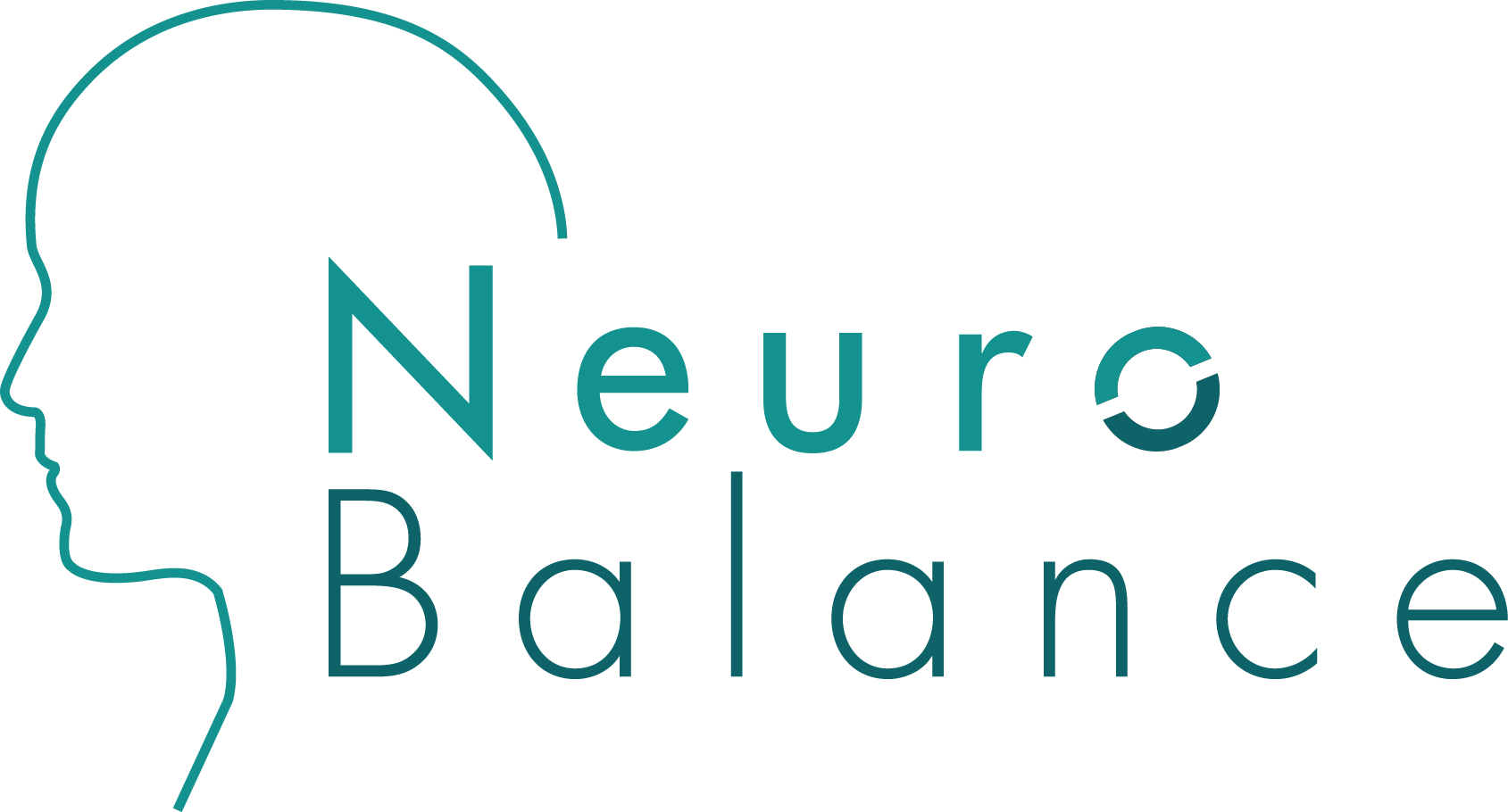The Silent Impact of Heart Disease on the Brain: The Hidden Connection
When we think about heart disease, its impact on the heart and vascular system usually takes center stage in our minds and conversations. However, the effects of heart conditions extend far beyond these systems, reaching into the depths of the brain and altering its function in ways that are only beginning to be understood. The revelations of recent research highlight an intricate relationship between the heart and the brain, one that could reshape our approach to treating heart disease and preserving cognitive health.
A Sudden Heart Attack's Long-Term Cognitive Consequences
A study spearheaded by Johns Hopkins Medicine delved into the cognitive aftermath of heart attacks. Contrary to what one might expect, experiencing a heart attack did not immediately precipitate cognitive decline. However, over the years following a heart attack, individuals exhibited a significantly faster rate of cognitive deterioration compared to those who had not suffered a heart attack. This decline was akin to an acceleration in cognitive aging by six to thirteen years, emphasizing the profound and prolonged effects heart attacks can have on brain function (Technology Networks).
Broken Heart Syndrome and the Stress-Brain-Heart Nexus
Another fascinating piece of the puzzle comes from the study of Takotsubo syndrome, also known as "broken heart" syndrome, which underscores the powerful influence of stress and emotions on heart health. Research has shown that heightened activity in the amygdala, a brain region central to emotional processing and stress response, is linked to an increased risk of developing this condition. The syndrome, often triggered by intense emotional events, results in a temporary weakening of the heart muscles and can have serious, sometimes fatal, consequences. This connection highlights a direct pathway by which psychological stress can manifest as acute physical heart conditions, further illustrating the complex interplay between brain activity and heart health (Technology Networks).
The Invisible Changes Within
The insights from these studies underline the invisible changes occurring within the brain as a result of heart disease and acute cardiac events. It's a stark reminder of the importance of managing vascular risk factors, such as high blood pressure and cholesterol, not just for the sake of heart health but also to preserve cognitive functions. The research also points to potential interventions, from stress reduction techniques to possibly pharmacological approaches, aimed at mitigating these brain changes and protecting both heart and cognitive health.
As we move forward, it becomes clear that our approach to treating heart disease must account for its wide-reaching impacts, including those on the brain. The evidence calls for a holistic approach to health that recognizes the heart-brain connection and aims to preserve the function of both these vital organs. In doing so, we can hope to improve the quality of life for those affected by heart disease and reduce the burden of cognitive decline, one heart and one mind at a time.
The ongoing exploration of the heart-brain connection opens new doors to understanding and treating heart disease. It's a compelling narrative of how interconnected our bodies truly are, and a reminder that taking care of our hearts is also a way to protect our minds.
-A Balanced Brain is a Better Brain for a Happier Life-
